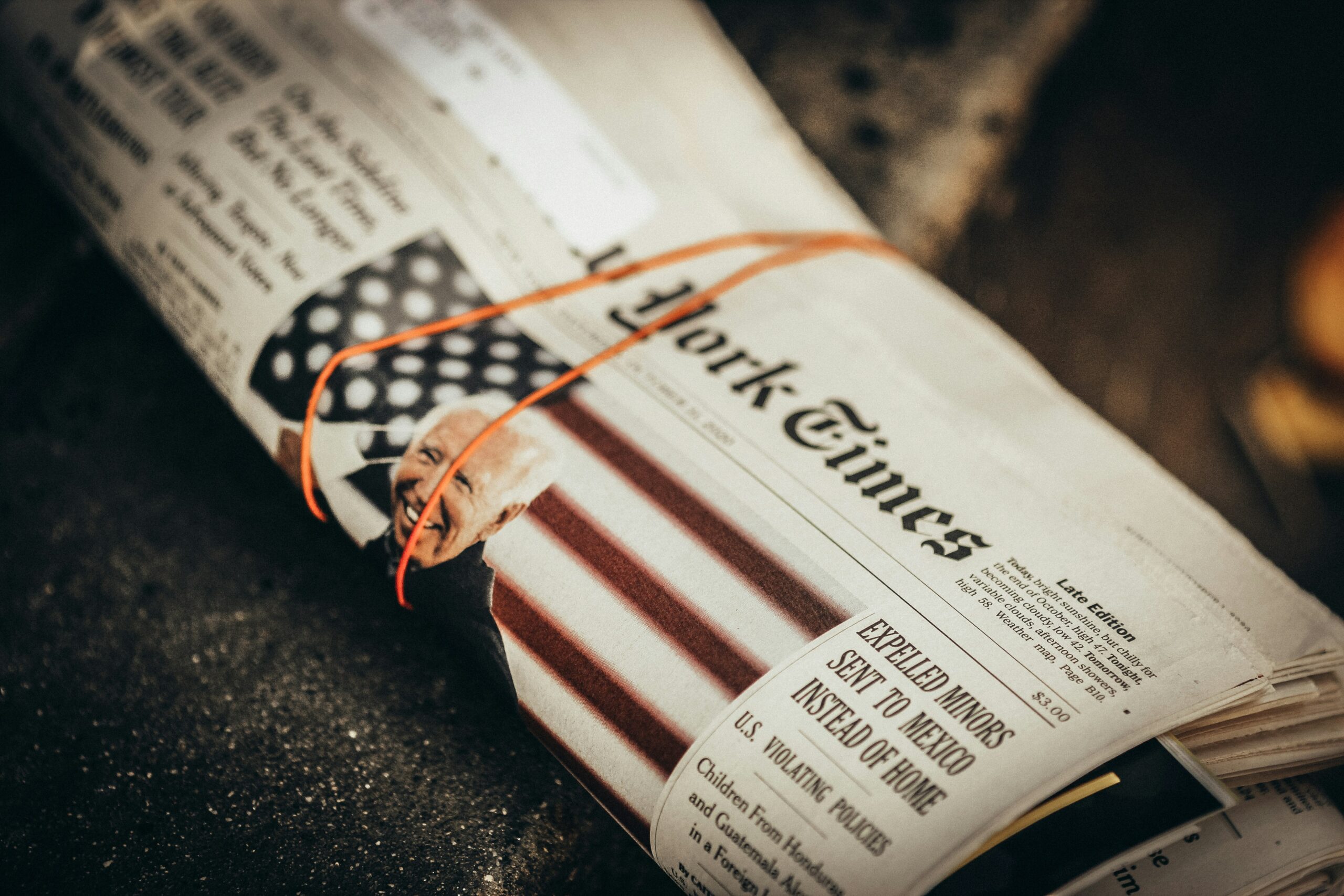Immigrants are not hurting U.S.-born workers
 Photo by Tim Mossholder on Unsplash
Photo by Tim Mossholder on Unsplash  Photo by Tim Mossholder on Unsplash
Photo by Tim Mossholder on Unsplash  Image credit: Towfiqu barbhuiya on Unsplash
Image credit: Towfiqu barbhuiya on Unsplash
 Photo by Nafinia Putra on Unsplash
Photo by Nafinia Putra on Unsplash  Photo by Kelly Sikkema on Unsplash
Photo by Kelly Sikkema on Unsplash  Photo by Markus Spiske on Unsplash
Photo by Markus Spiske on Unsplash  Photo credit: National Cancer Institute on Unsplash
Photo credit: National Cancer Institute on Unsplash
In 1915, Carter G. Woodson laid the foundation for this month of recognition, driven by the imperative to include the often-overlooked contributions of Black Americans in the American narrative. Over a century later, we are still unveiling the depth and breadth of these stories, particularly within the dynamic realm of the labor movement. This Black History Month, we pay tribute to the trailblazing Black leaders who pioneered the labor movement, shaping the landscape of employment rights for generations.
While many know the historic struggles for civil rights for Black Americans, most are unaware that many organizers and activists who championed those rights were heavily involved in the labor movement. Take Bayard Rustin who was the chief architect of The March on Washington for Jobs and Freedom in 1963. His contributions were indispensable, although he was overshadowed in history because he was a gay man. Nonetheless, the march was a resounding call for labor rights within the civil rights movement, acknowledging the inseparable link between economic and civil justice. Black leaders were always keenly aware of strength in numbers, unity, and workers’ voices.
Enter the trailblazers—Nannie Helen Burrows, A. Phillip Randolph, and Lucy Parsons. Parsons strategically organized labor strikes in the late 19th century. In 1866, she co-founded the Working Women’s Union, breaking racial barriers by later integrating her union to include white women. Nannie Helen Burroughs, a luminary in education and activism, envisioned a future where economic empowerment was synonymous with justice. Founding the National Training School for Women and Girls in 1909, she sought to equip Black women with the tools to navigate a world where their voices were heard, not silenced. A. Philip Randolph, a pioneer in the labor movement, laid the groundwork in 1925 by founding the Brotherhood of Sleeping Car Porters—the first formally recognized Black-led labor union. His tireless efforts opened doors for greater equity in the labor landscape, emphasizing that a voice in the workplace was the catalyst for broader societal change.
At ReWork the Bay, we echo these leaders’ equitable praxis at work and recognize that giving employees a voice is not just a policy but a commitment to the legacy of those who paved the way for a fair and just society. As we honor the contributions of these American giants, we vow to continue their endeavors for a more equitable Bay Area. Join us in this journey, where every voice is heard, every story is acknowledged, and progress is a collective endeavor. Here’s to a February of celebration, education, and a renewed commitment to an inclusive future.
In Solidarity,
Brianna, Janelle, + Rob
To read future newsletters, click here to subscribe.
 Photo by NASA on Unsplash
Photo by NASA on Unsplash  Photo by Jon Tyson on Unsplash
Photo by Jon Tyson on Unsplash  Photo by SpaceX on Unsplash
Photo by SpaceX on Unsplash